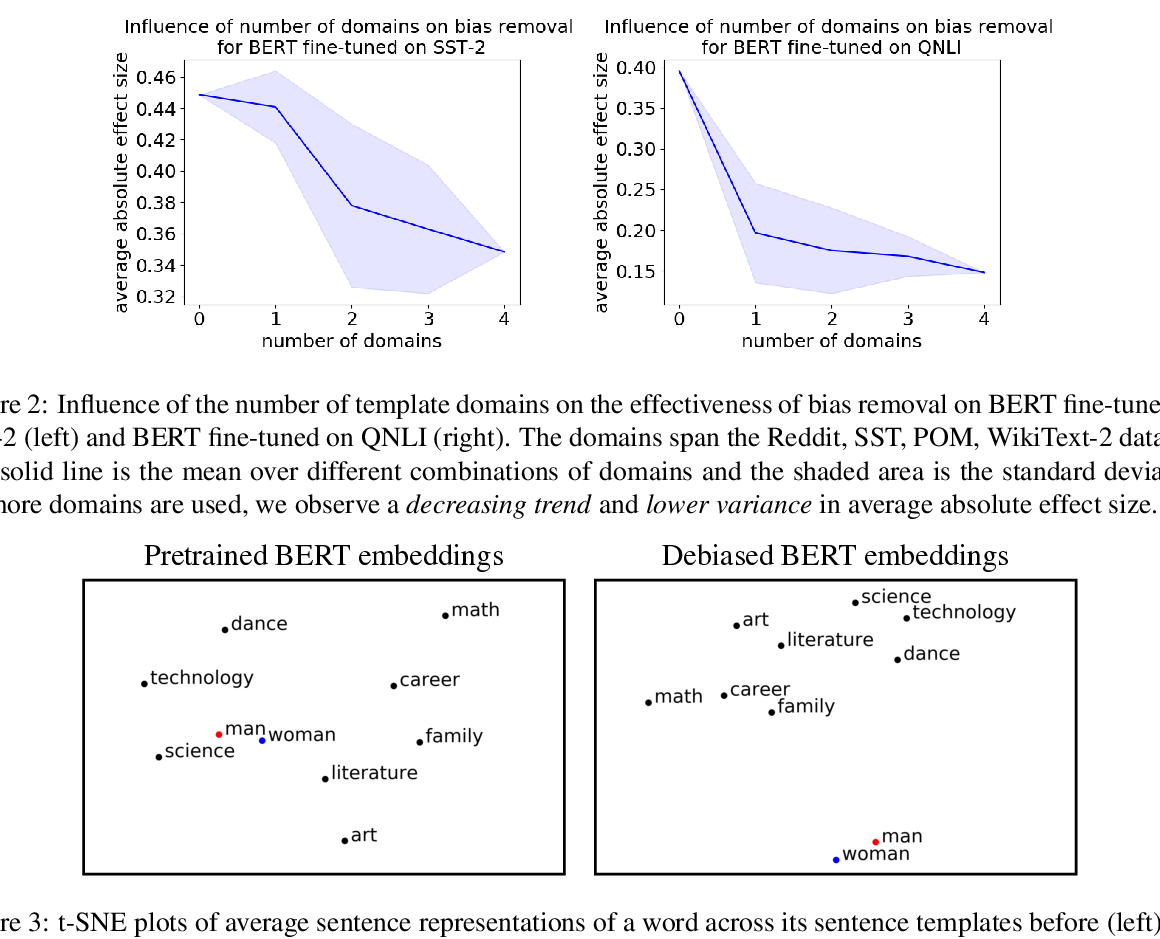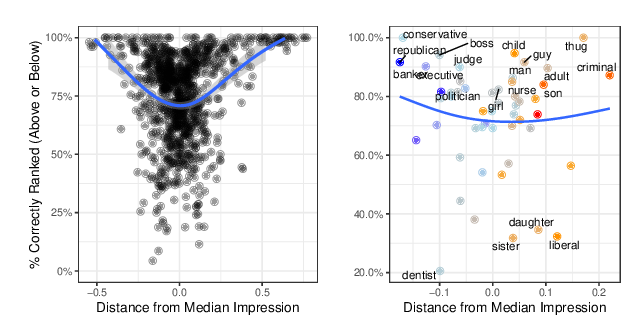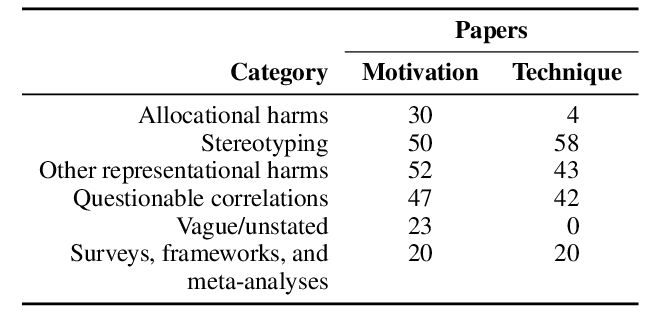Social Bias Frames: Reasoning about Social and Power Implications of Language
Maarten Sap, Saadia Gabriel, Lianhui Qin, Dan Jurafsky, Noah A. Smith, Yejin Choi
Ethics and NLP Long Paper
Session 9B: Jul 7
(18:00-19:00 GMT)

Session 10B: Jul 7
(21:00-22:00 GMT)

Abstract:
Warning: this paper contains content that may be offensive or upsetting. Language has the power to reinforce stereotypes and project social biases onto others. At the core of the challenge is that it is rarely what is stated explicitly, but rather the implied meanings, that frame people's judgments about others. For example, given a statement that "we shouldn't lower our standards to hire more women," most listeners will infer the implicature intended by the speaker - that "women (candidates) are less qualified." Most semantic formalisms, to date, do not capture such pragmatic implications in which people express social biases and power differentials in language. We introduce Social Bias Frames, a new conceptual formalism that aims to model the pragmatic frames in which people project social biases and stereotypes onto others. In addition, we introduce the Social Bias Inference Corpus to support large-scale modelling and evaluation with 150k structured annotations of social media posts, covering over 34k implications about a thousand demographic groups. We then establish baseline approaches that learn to recover Social Bias Frames from unstructured text. We find that while state-of-the-art neural models are effective at high-level categorization of whether a given statement projects unwanted social bias (80% F1), they are not effective at spelling out more detailed explanations in terms of Social Bias Frames. Our study motivates future work that combines structured pragmatic inference with commonsense reasoning on social implications.
You can open the
pre-recorded video
in a separate window.
NOTE: The SlidesLive video may display a random order of the authors.
The correct author list is shown at the top of this webpage.
Similar Papers
Towards Debiasing Sentence Representations
Paul Pu Liang, Irene Mengze Li, Emily Zheng, Yao Chong Lim, Ruslan Salakhutdinov, Louis-Philippe Morency,

When do Word Embeddings Accurately Reflect Surveys on our Beliefs About People?
Kenneth Joseph, Jonathan Morgan,

Language (Technology) is Power: A Critical Survey of "Bias" in NLP
Su Lin Blodgett, Solon Barocas, Hal Daumé III, Hanna Wallach,

